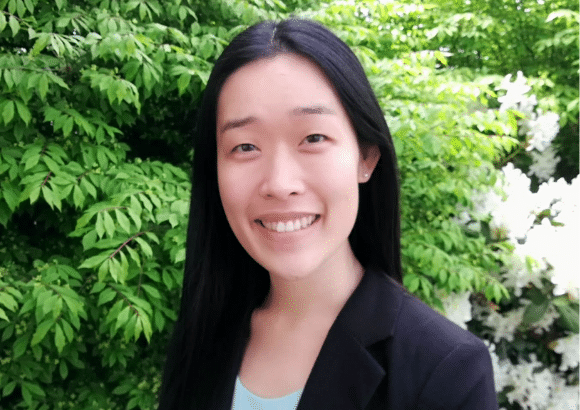Governor Inslee has proposed significant improvements and adjustments to the groundbreaking two-year state spending plan lawmakers enacted in Washington state earlier this year. Inslee’s 2022 supplemental budget proposal builds on the current state budget, which is making vital advancements on racial justice, a more equitable and adequate state tax code, and ample funding for community priorities, like schools, infrastructure, and health care.
The governor’s proposed adjustments to the current budget include critical new investments in affordable housing, public health, early learning and child care, poverty reduction, and other priorities to address rising costs and unmet community needs. Importantly, his proposal devotes $5 million to fund community-based outreach for the Working Families Tax Credit and wisely directs remaining federal dollars from the American Rescue Plan Act to bolster public and environmental health and economic recovery efforts. His proposal also includes resources that promote government accountability by creating a team that will use information from people who have lived in poverty to inform budget and policy decisions and compensate those people for helping to shape policies.
We applaud the governor for advocating for a farsighted approach to confront the lingering public health and economic crisis – an approach that is rooted in compassion and commonsense. Investing in teachers, nurses, parents, affordable housing, and seniors now will help communities weather the ongoing storm. And shoring up these foundations ensures all Washingtonians can rely on a strong economic and community base for generations to come.
While Inslee proposes significant and necessary funding boosts to help communities recover, he also proposes beefing up the state rainy day fund by nearly $1.2 billion in the coming year. Doing so would help ensure funding for community priorities remains stable and dependable in the years ahead.
Although there is much to celebrate in the budget proposal, there is still work to do to improve this proposal. Most notably, the proposal maintains high levels of funding for prisons and policing, including $2.4 billion to the Department of Corrections. Funding for the carceral system is more than twice what the state spends on programs that improve Washingtonians’ economic security, such as the Employment Security Department, Department of Labor and Industries, and Department of Vocational Rehabilitation. The carceral system continues to disproportionately target and harm Black and brown community members. And spending billions of dollars to uphold these systems is an imprudent use of public funds. Therefore, state lawmakers must work with community members to divest from these programs and increase investments that foster true stability and security for all Washingtonians.
As state lawmakers move forward, they should follow Inslee’s lead and reject irresponsible calls for overly blunt tax cuts that will benefit wealthy households at the expense of funding for schools, infrastructure, and other community foundations that benefit us all. The need for community supports is projected to remain high for the foreseeable future – including funding for teachers, counselors, nurses, bus drivers, and residents who struggle to make ends meet. Permanently reducing the tax resources that fund these priorities would destabilize the budget and recklessly endanger Washington’s economic recovery.
Washington state is one of the wealthiest states in the country, and the top income-earners who have seen large profits during the pandemic should contribute more, not less, during this time of economic crisis. Any tax reductions should be structured to benefit lower- and middle-income Washingtonians, who have been paying up to six times more of their incomes in taxes than the wealthiest 1%.
Federal dollars from pandemic relief packages have allowed our state to make much-needed investments. However, we cannot depend on these emergency, time-limited funds to fill the gaps in funding state expenses. Washington lawmakers must enact new sources of progressive revenue to ensure that we can make sufficient community investments for years after the pandemic. And at every part of the process, legislators should continue to listen to community advocates to ensure that budget decisions help, not harm, people who have been historically excluded from wealth-building opportunities.
